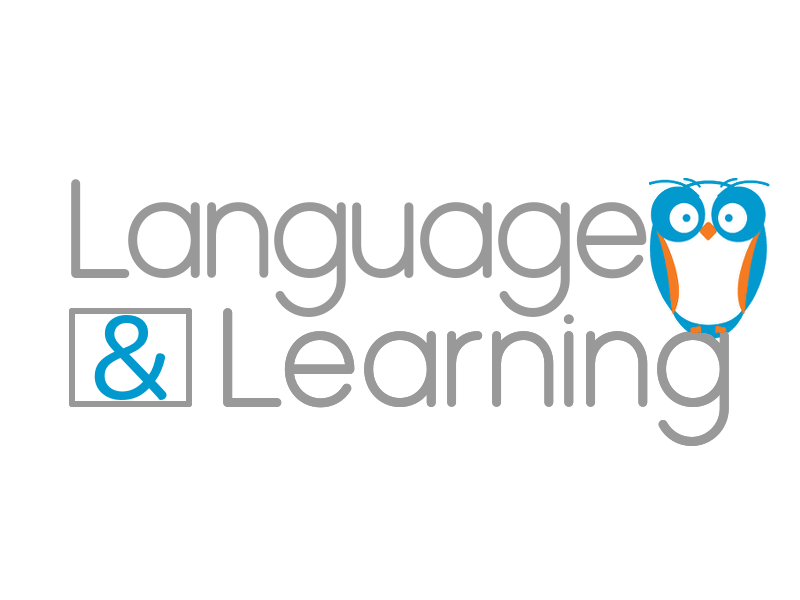Sessions
Speech-Language Therapy and Tutoring Services
We believe in the following guiding principles:
- Providing a teamwork approach by collaborating with other academic team members
- Ensuring that our therapy approach, as well as our communication with parents and relevant professionals, is thorough and prompt
- Building a strong rapport with our students to encourage motivation (and make sure they’re not miserable during our time together!)
- Targeting not only underlying skills and strategies, but also each student’s self-awareness of their own strengths and needs. This helps them to gain self-confidence and make progress that more readily generalizes outside of the therapy room
Service delivery decisions, including frequency and session length, vary depending on each individual’s needs, taking into account numerous factors such as their areas of weakness, severity, and attentional abilities. A speech-language therapy or tutoring session may be conducted individually or in groups, depending upon the client’s needs and availability. While most sessions are conducted individually, group sessions may be appropriate to target social pragmatic goals and/or generalization of skills into a more challenging communicative environment. A typical session involves multiple activities developed to methodically teach, reinforce, and generalize the skills and strategies selected based on the client’s specific areas of need. Our team uses interactive, multimodal activities, with strategic utilization of approaches, support, and data to guide progression through goals. We do this to ensure our clients remain engaged, and are able to learn and apply the information quickly and effectively.
While each individual client will have different needs, our team typically approaches areas of weakness through targeting a combination of underlying skills, compensatory strategies/supports, and self-awareness education. This approach involves:
- Enhancing the client’s skills by isolating specific, teachable, areas of weakness. We believe it is important to use creative, visual, interactive methods to teach these skills. Skills targeted may be underlying (not otherwise taught explicitly in their daily lives), or they may have been taught explicitly, but the client is having difficulty grasping them.
- Improving the client’s ability to function in difficult communicative situations by introducing a variety of compensatory strategies and supports, determining which are most effective, training their use, and facilitating generalization.
- Developing the client’s knowledge of his or her own strengths and weaknesses. This ensures motivation during skill- and strategy-focused practice and aids in understanding when and how to implement strategies and supports when necessary. For some clients, such as young children who are not developmentally or cognitively ready, this may play a limited role initially.
Academic work is often an area of concern, and clients are certainly permitted to bring any functional tasks causing them communicative or academic difficulty to their session, including homework or other academic assignments. Our aim is to improve functional skills; therefore, we believe it is important to encourage application of skills and strategies within purposeful contexts to meet real-life demands.
Of course more goes in to each session than the time we are able to spend directly with a client. Our team is caring and passionate about the success of each individual client, which inevitably involves time spent outside of the session. Aside from each session, our services often involve considerable time spent developing goals, methods, activities, and session plans, communicating with the family and other relevant professionals, and keeping track of each client’s progress so that we can evaluate and modify our approach to meet their changing needs and abilities.
Services Offered by Language & Learning:
Language Skills
Language & Learning offers sessions that focus on linguistic skills such as: literacy (reading, writing, spelling), auditory processing, social skills/pragmatics, executive functioning and other cognitive-linguistic skills (memory, problem solving), and expressive/receptive language (morphology, syntax, semantics).
Language Disorders
Children or adults with language disorders have difficulty with either understanding or using language. Language disorders that occur developmentally (often being diagnosed in childhood and persisting into adulthood), necessarily impact a child’s ability to learn and function academically and/or socially; therefore, these language disorders are often referred to as language-based learning disabilities. Language disorders beginning in adulthood that are secondary to neurological damage are typically known as aphasia.
Speech Sound Production Disorders
Articulation and phonological disorders occur when a child consistently incorrectly produces certain speech sounds beyond the age at which it is developmentally appropriate. Motor speech disorders involve the inability to plan and coordinate the motor movements required for speech due to disrupted neurological signals.
Voice Disorders
Your voice is the sound made by vibration of your vocal folds. This requires coordinating functions of the different parts of the vocal mechanism within the systems responsible for respiration, phonation, and resonation. A change in the structure or function of any aspect of the vocal mechanism may lead to voice problems or a voice disorder.
Fluency Disorders
Fluency disorders include stuttering and cluttering. They impact the ability to produce continual, even speech with minimal effort at an appropriate rate.
.
Academic Tutoring
At Language & Learning, we take a different approach to academic tutoring than many other tutoring enterprises. Our tutors are experienced not only with reinforcing curriculums, but also with implementing various learning principles, innovative strategies, and interactive teaching methods to help students learn more effectively and apply the skills gained in tutoring beyond the tutoring session.
